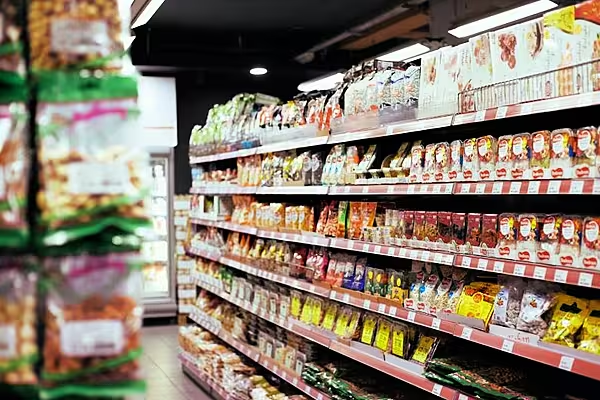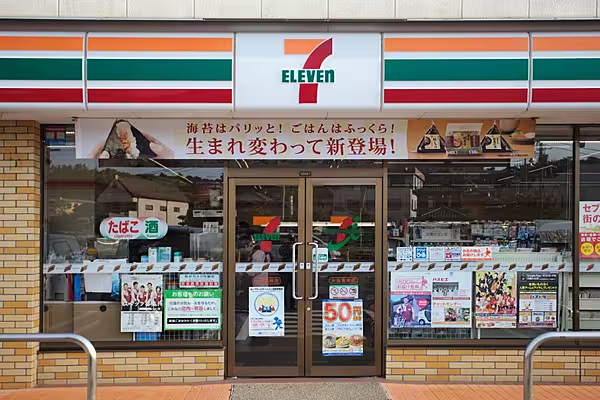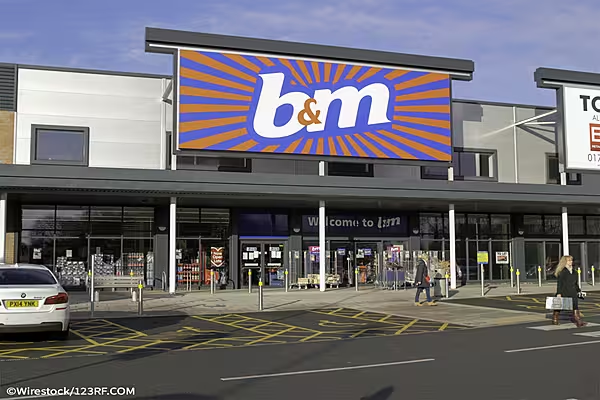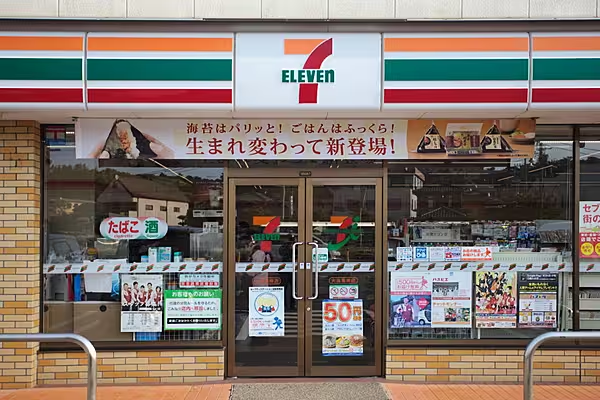In the fiercely competitive retail space, retailers have to consider a host of factors before deciding to stock new products.
A well-researched approach, coupled with a strategic plan, can be the difference between generating healthy revenue and leaving products unsold on shelves.
Here’s an overview of some of the key factors buyers prioritise when selecting products:
Product-Market Fit
Determining product-market fit is of paramount importance for business, as retailers need to ensure that a product meets market demand. Shopify highlights that achieving product-market fit is an early indicator of success, which can then enable businesses to leverage organic marketing or positive word-of-mouth to grow their customer base and sales.
Understanding the target audience is key to this process. Focus groups and surveys can help businesses identify what products their customers want, while also uncovering their interests and preferences. It’s equally worth noting that satisfied customers are more likely to become brand advocates, recommending products to friends and family, thereby amplifying reach and sales potential.
Pricing Strategy
Price is arguably the biggest influential factor in purchasing decisions, often eclipsing others such as convenience and delivery speed.
Supermarket buyers give preference to those products that strike a balance between affordability for customers and profitability for the store.
An effective pricing strategy allows buyers to maximise profit margins while maintaining a competitive edge. It also helps retain market share and ensures that both consumers and retailers benefit from the transaction.
Alignment With Consumer Trends
Products that align with prevailing consumer trends are more likely to secure a place in supermarket aisles.
For example, organic foods and locally sourced goods are increasingly popular due to growing consumer concerns about sustainability and health.
Grocery retailers have responded by expanding their offerings of plant-based alternatives, catering to environmentally conscious and health-focused shoppers.
Reliability And Supplier Support
Buyers also assess the reliability of suppliers to ensure a steady supply of inventory.
Stockouts or product unavailability can harm customer experiences, damage brand reputations, and reduce sales.
Shopify recommends automating stock replenishment systems and maintaining backup suppliers, especially during peak demand periods like holidays.
This proactive approach minimises disruptions and ensures shelves are always stocked with in-demand products.
Product Differentiation
Standing out in a crowded market has become increasingly difficult, with several brands vying for the same market share.
Buyers tend to give preference to innovative or unique products that differentiate themselves from competitors as these have the potential to attract and retain customers.
According to Shopify, successful product differentiation can increase perceived value in the eyes of consumers, enabling retailers to charge premium prices.
Customers are often willing to pay the extra premium for superior quality that sets a product apart from others in the market.













